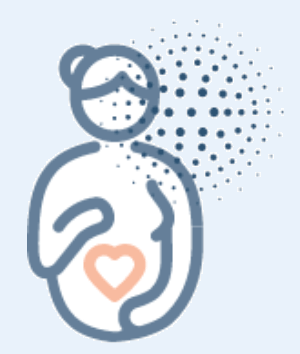Kallmann Syndrome Precision Panel
Kallmann Syndrome (KS) is a rare genetic disorder that belongs to the spectrum of isolated hypogonadotropic hypogonadism. This decrease in gonadal function is due to a failure in differentiation or migration of neurons that embryologically arise in the olfactory mucosa and travel to the hypothalamus.




